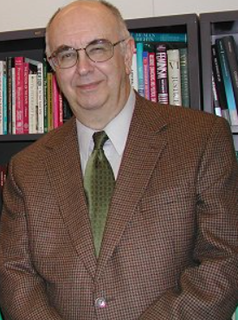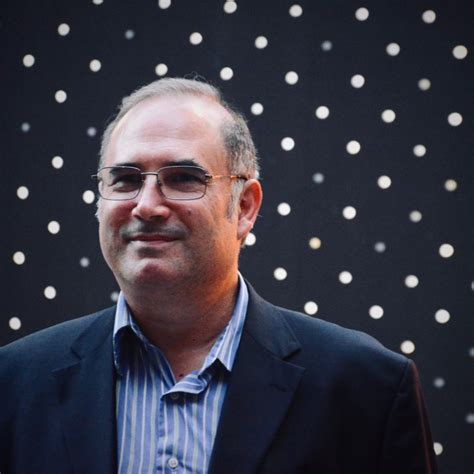A Quote by James Rachels
A psychological explanation of our feelings is not a moral explanation of our conduct.
Quote Topics
Related Quotes
Since my moral system rests on my accepted version of the facts, he who denies my moral judgments or my version of the facts, is to me perverse, alien, dangerous. How shall I account for him? The opponent has always to be explained, and the last explanation that we ever look for is that he sees a different set of facts. Such an explanation we avoid, because it saps the very foundation of our own assurance that we have seen life steadily and seen it whole.
But I have contrived an explanation which has every advantage; is inviting to christians of every communion; gradually frees them from all religious prejudices; cultivates the social virtues; and animates them by a great, a feasable, a speedy prospect of universal happiness, in a state of liberty and moral equality, freed from the obstacles which subordination, rank, and riches, continually throw in our way. My explanation is accurate and complete, my means are effectual, and irresistable. Our secret association works in a way that nothing can withstand, and man shall soon be free and happy.
Someone once said that if you sat a million monkeys at a million typewriters for a million years, one of them would eventually type out all of Hamlet by chance. But when we find the text of Hamlet, we don't wonder whether it came from chance and monkeys. Why then does the atheist use that incredibly improbable explanation for the universe? Clearly, because it is his only chance of remaining an atheist. At this point we need a psychological explanation of the atheist rather than a logical explanation of the universe.
There's no obvious reason to assume that the very same rare properties that allow for our existence would also provide the best overall setting to make discoveries about the world around us. We don't think this is merely coincidental. It cries out for another explanation, an explanation that... points to purpose and intelligent design in the cosmos.
[Theory is] an explanation that has been confirmed to such a degree, by observation and experiment, that knowledgeable experts accept it as fact. That's what scientists mean when they talk about a theory: not a dreamy and unreliable speculation, but an explanatory statement that fits the evidence. They embrace such an explanation confidently but provisionally - taking it as their best available view of reality, at least unil some severely conflicting data or some better explanation might come along.








































